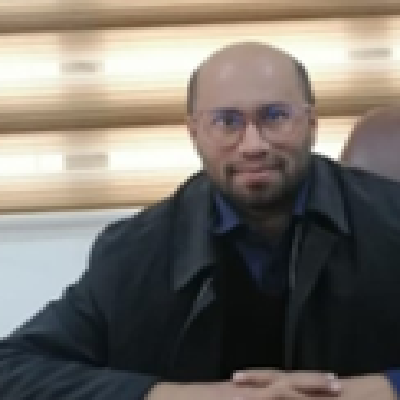
Title: Engineering management of Negative effects from fossil fuels usage
Abstract:
The pervasive use of crude oil and its products in modern society leads to the release of harmful emissions and spills, causing significant detrimental effects on human health, the environment, climate change, and safety. Emissions include greenhouse gases, particulate matter, sulfur dioxide, and nitrogen oxides, as well as various compounds that pose health and environmental risks. Facilities involved in crude oil treatment, such as degassing, dehydration, desalting, and storage tanks, along with refineries, power plants, and automobiles, contribute to these negative effects. To mitigate the environmental impact, it is crucial to address these facilities and processes, implementing advanced technologies and stringent regulations. Operational errors and intentional actions can further contribute to pollution, emphasizing the need for careful management. Transition to clean energy (solar, wind, biofuels) reduces oil vulnerability. Carbon capture and storage (CCS) traps CO2 emissions in geological layers. Treatment removes sulfur, nitrogen, oxygenated, halogenated, and aromatized compounds. Methods include desulfurization, denitrogenation, dearomatization, catalytic converters, and advanced refining. It affects economies, health, safety, and future energy. It was found that it is important to legistlate an international regulations related to follow-up of the increase of crude oil such as investment of natural gas, treatment of emissions and spills as in CCS, decontamination, he utilization of cleaner fuel technologies. Also it is required to install global monitoring system for metering and sensing the oil piplines and emissions respectively.
Biography:
Wisam Al-Khazaali has completed his BSc and MSC at the age of 25 years from University of Basra, and then he completed PhD ate the age of 37 from Shahid Bahonar University of Kerman. Both speaker Al-Khazaali and his supervisor have about more than 30 publications. Speaker now is a design engineer for the units of treatment of oil, water, and gas in Misan Oil Company in Iraq.

